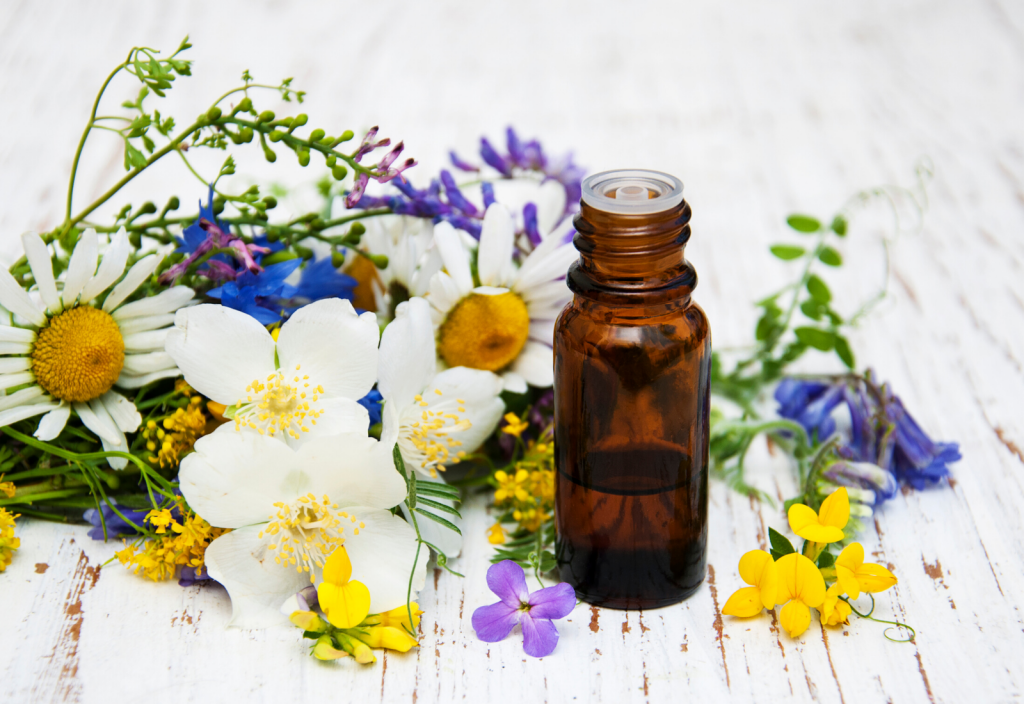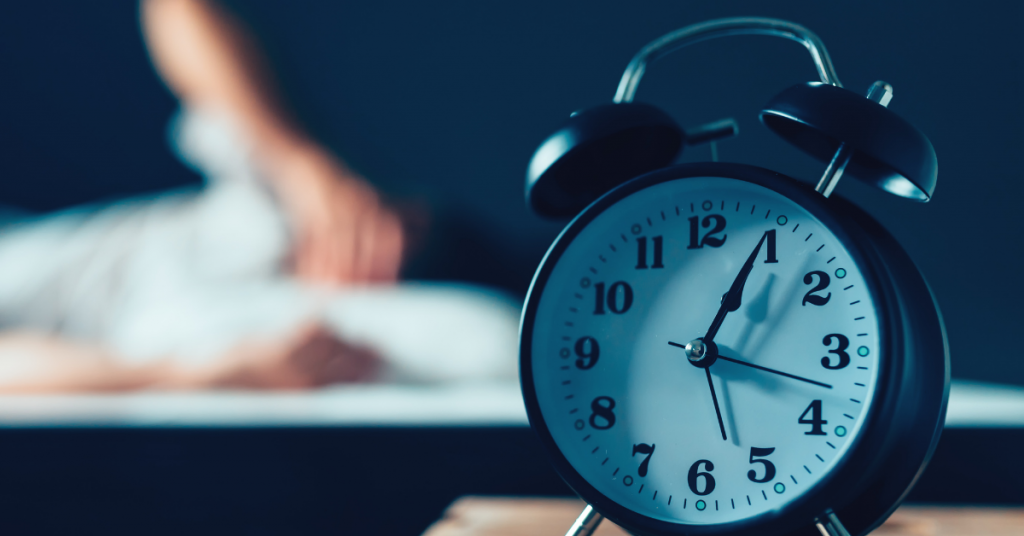Why Do We Need Sleep?
We need sleep to be able to function. Sleep allows the body to heal and repair keeping us well and our bodies working efficiently. As we sleep our cells regenerate, and our cells are the centre of our wellbeing.
As well as this, our immune system is strengthened, brain function is increased and our overall health both physical and mental increases.
Sleep is as important as food, exercise, social interaction and all the other basic human needs. In fact, we can survive longer without food than without sleep!
This highlights just how important it is for us to get adequate sleep.
However, a large portion of the population struggle with this. It is not uncommon to hear people struggling with broken sleep, insomnia, brain chatter, chronic pain leading to a lack of sleep and more.
We live in a very fast paced world surrounded by technology and other factors that can hinder sleep.
Despite this, there are many sleep remedies out there and we have to be more aware of them in this current world given how many things are out there causing sleep disturbance.
Here are 5 simple ways you can help get a better night’s sleep.
5 Ways To Get A Better Night’s Sleep
Limiting Blue Light:
This is a major one for 21st Century life. The majority of us spend a large portion of time exposed to blue light from laptops, tablets, phones, games consoles, artificial lighting in homes and offices and more. This all disrupts our normal sleep wake cycle.
We may find ourselves laying awake at night with an overactive brain! If you struggle with your brain not ‘turning off’ look at the amount of time you spend on technology and the blue light you are exposed to.
Whilst some blue light is healthy, too much causes sleep disruption. This is becoming more and more evident in the younger generations.
So tip number 1, limit your blue light exposure, especially at night time by using a blue light filter such as Flux.
Natural Light Exposure:
Team limiting blue light with exposure to natural light and you will already feel the difference in how well you sleep. It is important to get natural light and Vitamin D for a normal production of Melatonin.
Your body naturally produces Melatonin, that should rise and fall depending upon the time of the day. And a key factor for a normal release of melatonin (which is responsible for a sleep pattern) is natural light.
A key disruption to the melatonin cycle is blue light!
In order to make sure you are producing enough of this hormone, get outside into the day light and make sure you have enough natural daylight coming through into homes and workspaces.
You can even sleep with your curtains or blinds slightly open to allow the natural sunrise through your window and allow your body to wake to the rise of natural light.
Caffeine Consumption:
So we’ve tackled the light issues, onto one of the most common causes of sleep disturbance. Caffeine.
Caffeine is known for giving you energy and helping us pull an all-nighter to get that report finalised or to give us a much-needed boost in the morning.
Whilst caffeine has is benefits it is not something we should be consuming after 1pm. Doing so can make it difficult to fall asleep at night time. Stopping at 1pm will allow your body time to wind down and will allow you to get into a good sleep wake cycle.
This also doesn’t mean cram 10 coffees in before 1pm. Limit your caffeine intake by switching to herbal teas or decaffeinated teas and coffees.
Also be aware of soft drinks, some of these can contain caffeine.
Limit Daytime Naps:
Whilst a power nap can be beneficial it is almost like a fine art to get it right. Have you ever woke up from a nap and thought it was Monday morning and you’d missed the school bus, but it’s actually Friday and you haven’t been to school for 20 years?
Naps that are too long can have the opposite effect of a power nap. Not only this, napping too much in the day can alter your sleep wake pattern meaning at nighttime you are laying awake counting sheep!
Try to limit naps where possible. Or be sure to only have short snoozes. As little as 6 minutes is enough to help you feel rejuvenated and increase your memory and productivity.
Magnesium:
This mineral is known to have calming effects on the brain. So if you are struggling with brain chatter late at night, keeping you wide awake, try a magnesium pillow spray.
You can also take Magnesium supplements, or bath in Magnesium salts.
All of these things are great at home remedies for sleep! You can find more at home sleep solutions in our 17 Ways To Get A Better Night’s Sleep Guide.









